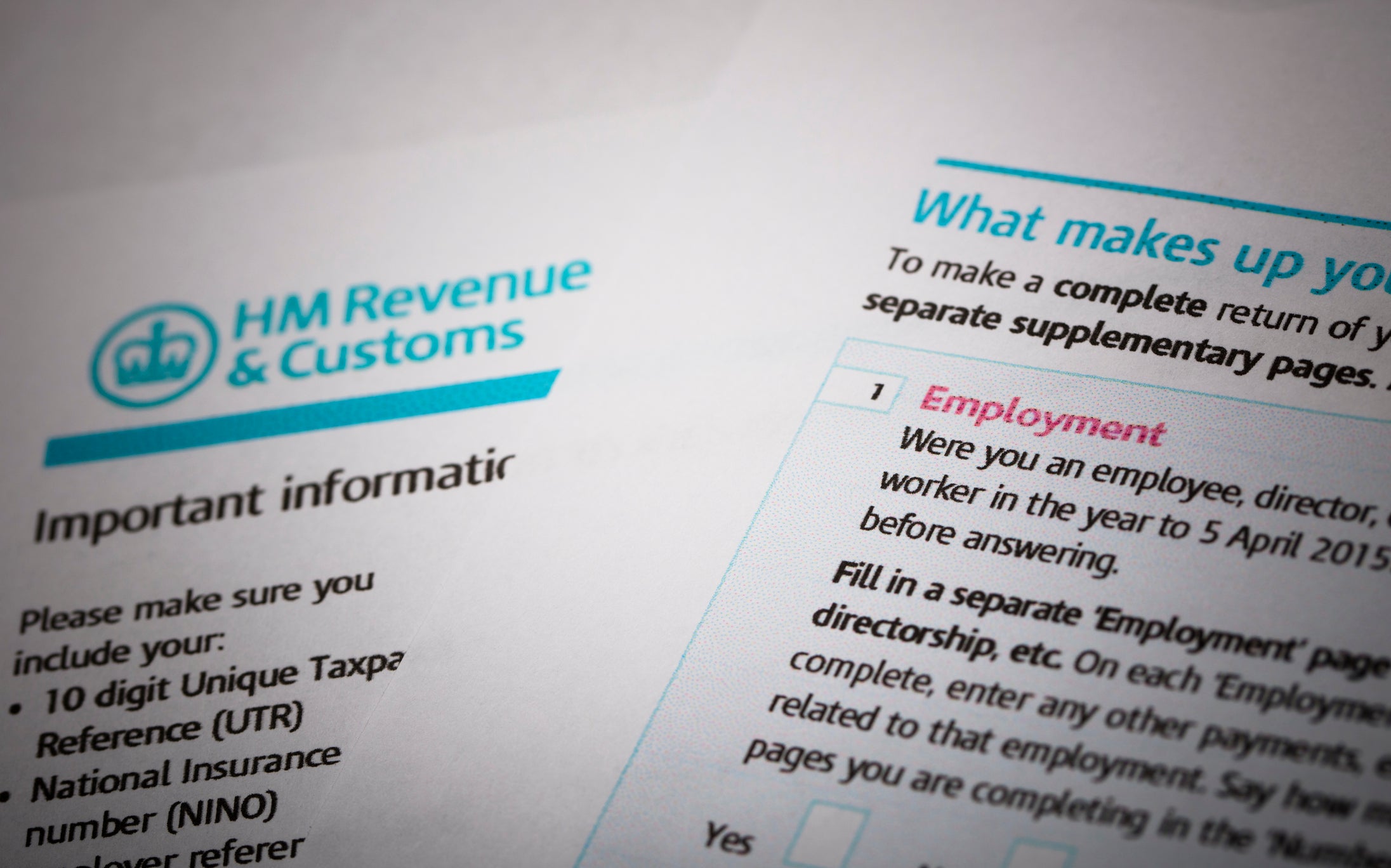Your support helps us to tell the story
From reproductive rights to climate change to Big Tech, The Independent is on the ground when the story is developing. Whether it's investigating the financials of Elon Musk's pro-Trump PAC or producing our latest documentary, 'The A Word', which shines a light on the American women fighting for reproductive rights, we know how important it is to parse out the facts from the messaging.
At such a critical moment in US history, we need reporters on the ground. Your donation allows us to keep sending journalists to speak to both sides of the story.
The Independent is trusted by Americans across the entire political spectrum. And unlike many other quality news outlets, we choose not to lock Americans out of our reporting and analysis with paywalls. We believe quality journalism should be available to everyone, paid for by those who can afford it.
Your support makes all the difference.An influential committee of MPs has told the government to explain why so many people have been “left without a penny” of coronavirus financial support.
In a new report, the Public Accounts Committee gave HMRC six weeks to explain why it had refused to help many freelancers and other excluded groups.
The MPs also warned that a lack of certainty about Covid-19 support schemes had left many businesses struggling to plan properly.
“Quirks in the tax system have left some groups of taxpayers excluded from financial support that other taxpayers received throughout the Covid-19 pandemic,” the cross-party group said in a report published on Wednesday.
The MPs said that many people had unfairly lost eligibility to Covid-19 support schemes because they had been unable to jump through hoops required by HMRC, leaving them struggling financially.
“Similarly, some other freelancers, with verifiable employment and tax records visible to HMRC, may also have been excluded from the coronavirus job retention scheme,” they said.
“In some sectors, such as the creative industries, it is common for freelancers to work on a series of short-term employment contracts with gaps in between.”
The committee contrasted the meagre approach to helping freelancers and independent traders with “some large companies that have received support from government during the Covid-19 crisis” who had been in such an advantageous position that they “have continued to pay out dividends and high executive salaries”.
The MPs also said HMRC’s out-of-date systems needed to be updated and were hindering efforts to support taxpayers.
Meg Hillier, who chairs the committee, said: “Obviously, the national system of revenue collection underpins all public spending and services. As public spending balloons to unprecedented levels in response to the pandemic, out-of-date tax systems are one of the barriers to getting help to a significant number of struggling taxpayers who should be entitled to support.
“And the system is going to struggle, and in many cases fail, to capture or deal with those wrongly claiming it.
“HMRC needs to redress the balance in its spending and use of tech, and get ahead on the basic financial and economic metrics that we need to adapt and respond to this pandemic in real time.
“There is also a huge question about how our customs and revenue technology at the borders is coping, and will cope in the months and years to come. There isn’t really any breathing space – HMRC’s out-of-date systems need to catch up fast.”



Join our commenting forum
Join thought-provoking conversations, follow other Independent readers and see their replies
Comments